detail profile yoshio c5 8cmori
Peran Yang Di Mainkan Yoshio Ōmori
 A car going at 25 mph plunges...
A car going at 25 mph plunges...Suspicion 1982
A car going at 25 mph plunges into the sea at Shinko Harbour, Toyama prefecture. Inside is the local business magnate Fukutaro Shirakawa, who perishes. Riding alongside him and surviving unhurt is his second wife, Kumako. It soon comes to light that Kumako’s husband was insured for 300 million yen and she is arrested on suspicion of murdering her husband for the insurance money. The newspapers denounce her as an evil woman, while the public is in no doubt about Kumako’s crime. Ritsuko Sahara is chosen as her defence attorney but the pair clash over almost everything...
 Keiko Inagawa Asami Kobayashi pays a...
Keiko Inagawa Asami Kobayashi pays a...Call from Darkness 1981
Keiko Inagawa (Asami Kobayashi) pays a visit to neurologist Aizawa about her fiancé Tatsuo Tamura (Kaoru Kobayashi). A mysterious case involving the disappearance of Tatsuo’s three brothers, one after the other, is yet to be resolved and now Tatsuo, seized with the idea that he too may disappear, has had a nervous breakdown. Aizawa suggests that Tatsuo recount his dreams as a means of solving the mystery, since human beings have an instinct that foretells the near future in the form of a dream. Keiko and Tatsuo eventually discover that the three disappearances have a strange connection…
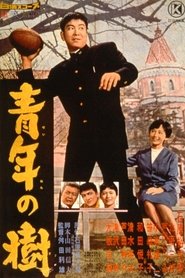 At Tokyo Gakuen University Takema son...
At Tokyo Gakuen University Takema son...The Day of Youth 1960
At Tokyo Gakuen University, Takema, son of Tatsunosuke, chief of the Waku gang, is a freshman who wishes to prepare himself for a better life away from gang activities despite the wishes of his father who wants him to assist strengthen the gang against the Kawano group. Takema's classmate, Akiko, is the daughter of Eiko who operates a restaurant, and through her he obtains a lodging in the house of Shiu, a dancing mistress. The students enjoy their life, but most have their troubles. Sakamoto works as a laborer on the docks to help pay for his schooling, and Akiko worries over the relationship between her mother and Sakurai, a corrupt politician, suspected to be involved in graft over jet aircraft.
 The film tells the story of...
The film tells the story of...My Second Brother 1959
The film tells the story of four orphans living in an impoverished mining town. An adaptation of a best-selling book based on the diary of a ten-year-old zainichi (ethnic Korean Japanese) girl, it was one of the first films to deal with the subject of zainichi identity and struggles in Japan.
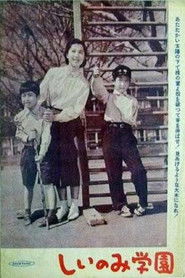 A university professor and his wife...
A university professor and his wife...The Shiinomi School 1955
A university professor and his wife have two sons with infantile paralysis. Through trial and error, they struggle to open a school for disabled children at their own expense. Based on a true story, it features natural child performances under Hiroshi Shimizu’s skillful direction.
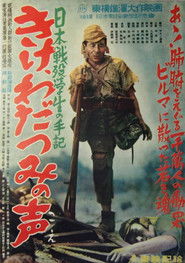 This film is strongly antiwar film...
This film is strongly antiwar film...Listen to the Voices of the Sea 1950
This film is strongly anti-war film. The film is based on the collection of writings by Japanese student soldiers who died during World War II. The film is located to Burma. It shows the everyday problems of soldiers in contrast of their ideas and the cynicism of their commanders. Soldiers are also victims of military bullying by their commanders.

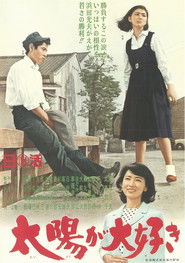 A comingofage drama based on a...
A comingofage drama based on a...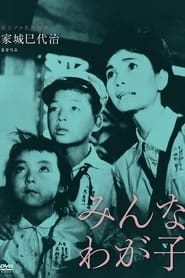 School teachers responsible for the lives...
School teachers responsible for the lives...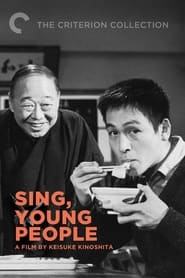 A story about four best friends...
A story about four best friends...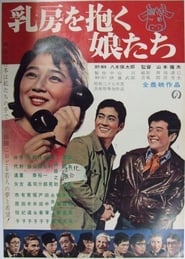 Japanese drama
Japanese drama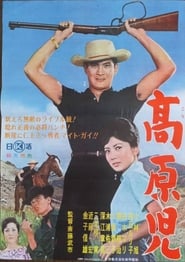 Japanese Western set at a mountain...
Japanese Western set at a mountain...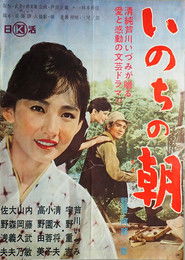
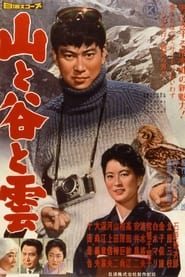 A pure love melodrama movie
A pure love melodrama movie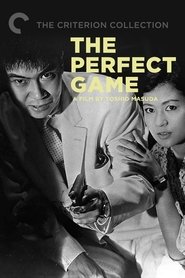 College students come up with a...
College students come up with a...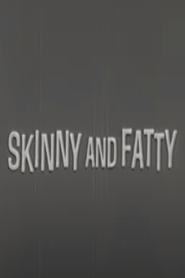 Two young Japanese schoolboys one skinny...
Two young Japanese schoolboys one skinny...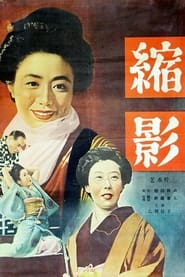 Ginko a poor cobblers daughter becomes...
Ginko a poor cobblers daughter becomes...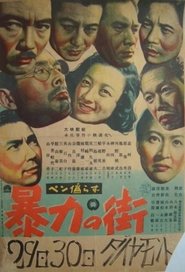 An attempt is made to suppress...
An attempt is made to suppress...